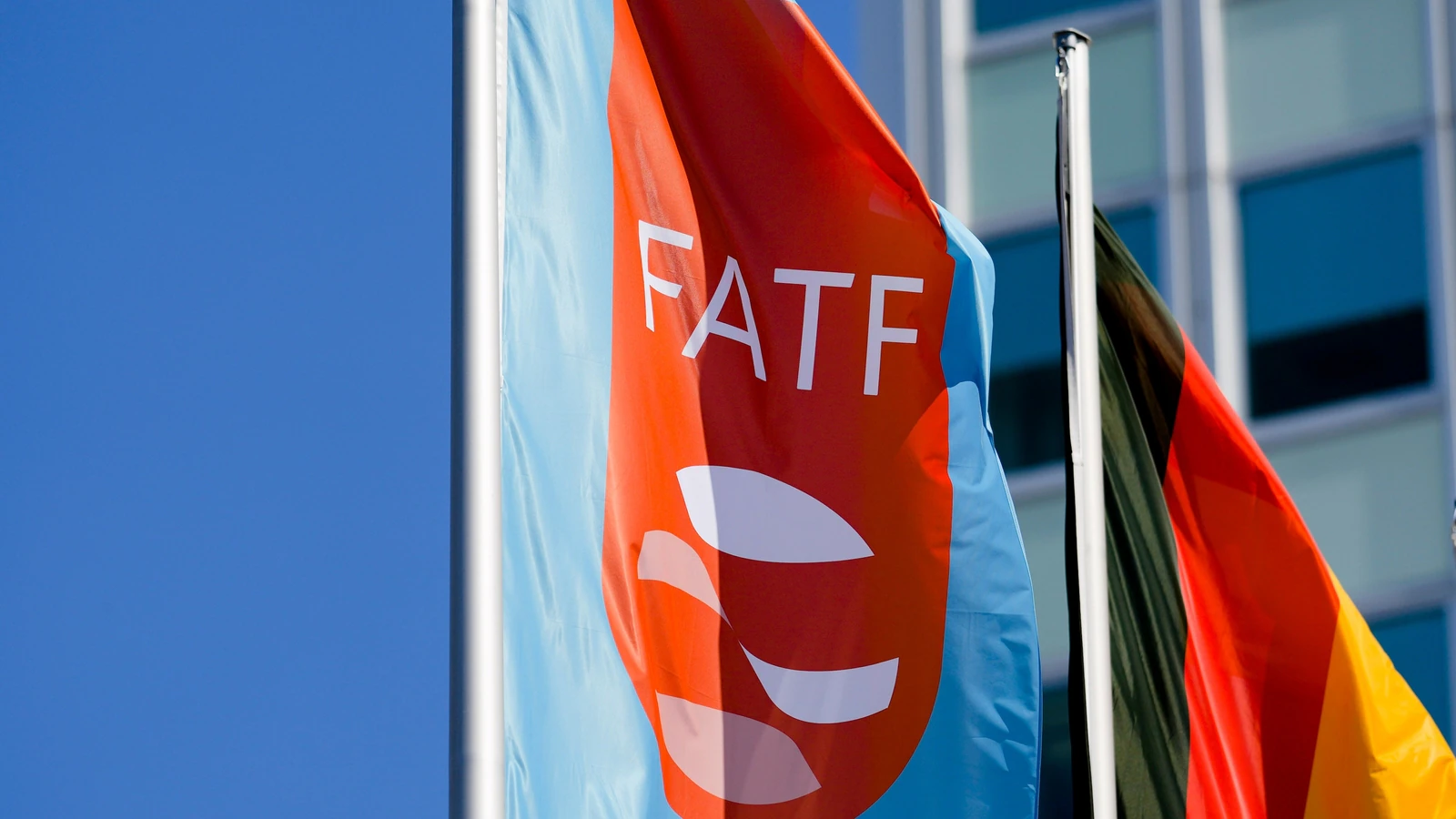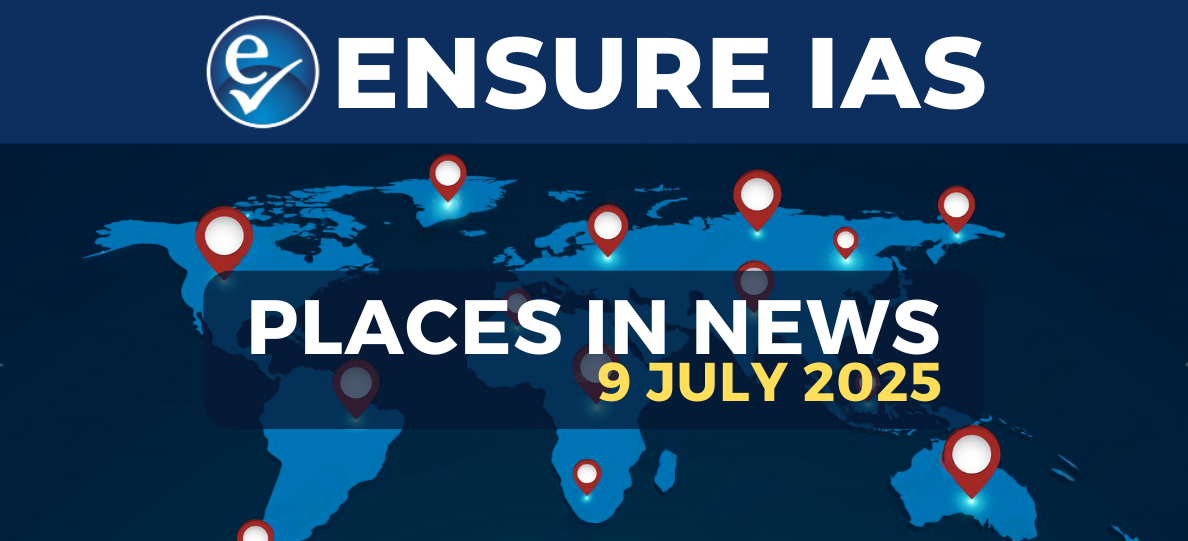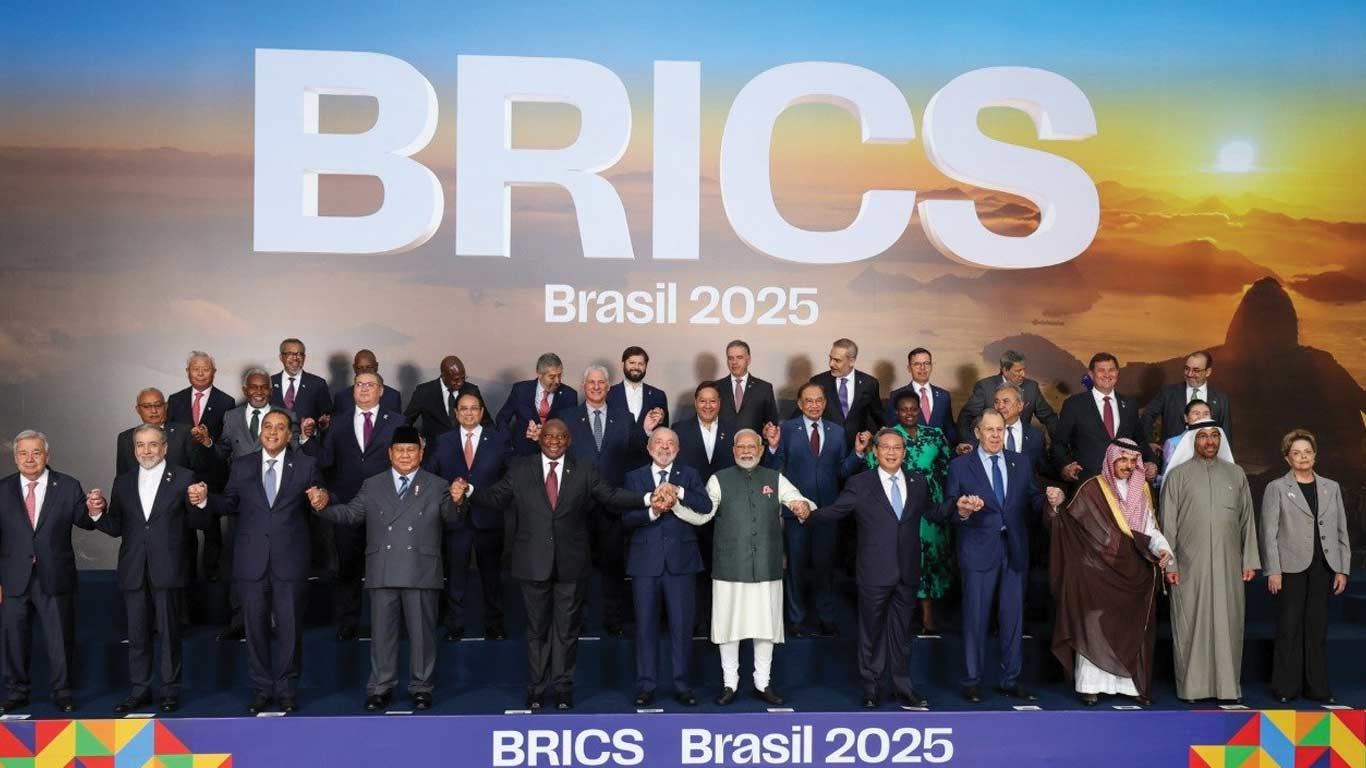- Courses
- GS Full Course 1 Year
- GS Full Course 2 Year
- GS Full Course 3 Year
- GS Full Course Till Selection
- Answer Alpha: Mains 2025 Mentorship
- MEP (Mains Enrichment Programme) Data, Facts
- Essay Target – 150+ Marks
- Online Program
- GS Recorded Course
- Polity
- Geography
- Economy
- Ancient, Medieval and Art & Culture AMAC
- Modern India, Post Independence & World History
- Environment
- Governance
- Science & Technology
- International Relations and Internal Security
- Disaster Management
- Ethics
- NCERT Current Affairs
- Indian Society and Social Issue
- NCERT- Science and Technology
- NCERT - Geography
- NCERT - Ancient History
- NCERT- World History
- NCERT Modern History
- NCERT Medieval History
- CSAT
- 5 LAYERED ARJUNA Mentorship
- Public Administration Optional
- ABOUT US
- OUR TOPPERS
- TEST SERIES
- FREE STUDY MATERIAL
- VIDEOS
- CONTACT US
FATF Flags Online Platforms in Indian Terror Attacks
FATF Flags Online Platforms in Indian Terror Attacks

Why in the News?
- The FATF released a report titled “Comprehensive Update on Terrorist Financing Risks.”
- It revealed that terrorists accused in two Indian attacks used online platforms like e-commerce sites, digital payments, and VPNs.
- These platforms were exploited to finance, plan, and execute terror activities while evading detection.
|
Financial Action Task Force (FATF)
Key Features
India and FATF
|
What are the Key Highlights?
- Use of Online Services in Terror Funding:
- The FATF noted that:
- Online payment services like PayPal were used.
- E-commerce platforms like Amazon were used to procure materials.
- VPNs were used to hide digital footprints.
- These platforms enabled anonymous communication, financial transfers, and procurement of supplies.
- The FATF noted that:
- Gorakhnath Temple Attack (April 3, 2022):
- Attacker influenced by ISIS ideology.
- Used:
- ₹6,69,841 via PayPal to foreign accounts.
- ₹10,323.35 via foreign e-commerce platforms.
- VPN for chats and downloads.
- The attack was stopped when the accused tried to break through security.
- Pulwama Attack (February 14, 2019):
- An e-commerce platform (Amazon) was used to buy aluminium powder used in the IED (Improvised Explosive Device).
- IED is a homemade or non-standard explosive weapon often used in terrorist attacks.
- The attack killed 40 CRPF personnel.
- It was claimed by Pakistan-based Jaish-e-Mohammed.
- Highlights the misuse of EPOMs (e-commerce platforms and online marketplaces).
- An e-commerce platform (Amazon) was used to buy aluminium powder used in the IED (Improvised Explosive Device).
- Global Trend in Terror Financing
- EPOMs are being exploited for:
- Fraudulent purchases.
- Money laundering and terror financing (ML/TF).
- Anonymous buyer-seller transactions using encrypted communications and invoice masking.
- EPOMs are being exploited for:
- Legal Proceedings
- 19 individuals charged under UAPA (Unlawful Activities Prevention Act), including seven foreign nationals and the suicide bomber in the Pulwama case.
- These charges include offences related to terrorist financing and illegal use of online platforms.
- The legal action reflects growing global concerns over how digital platforms are being misused to facilitate and finance terrorism.
Implications for India
- Rising Digital Terror Threats
- The increasing use of digital platforms by terrorists marks a shift in strategy and necessitates cyber policy upgrades.
- India’s security infrastructure must adapt to counter tech-driven radicalisation and planning.
- Pressure on Financial Monitoring Agencies
- Agencies like the Financial Intelligence Unit (FIU-IND) and banks must improve tracking of cross-border digital payments.
- Tighter scrutiny is needed for platforms like PayPal, UPI gateways, and e-commerce giants.
- Legal and Regulatory Gaps
- Existing laws like the Unlawful Activities (Prevention) Act (UAPA) are being used, but may need strengthening to include digital finance clauses.
- FATF compliance and global cooperation will be crucial.
- Technological Surveillance and Policing
- Greater investment in AI-based surveillance, IP tracking, and cyber forensics is required.
- Coordination among cyber cells, IB, NIA, and state ATS units should be institutionalised.
- Need for International Collaboration
- India must push for global digital finance norms and data-sharing agreements.
- FATF cooperation, along with Interpol and other intelligence alliances, can bolster efforts.
Challenges and Way Forward
|
Challenges |
Way Forward |
|
Exploitation of legal online platforms by terror groups |
Tighter compliance norms for EPOMs and online payment services |
|
Difficulty in tracing anonymous/encrypted transactions |
Strengthen cyber forensic capabilities and international cooperation |
|
Weak monitoring of cross-border small transactions |
Implement better AI-based transaction monitoring systems |
|
Limited awareness among service providers |
Mandatory training on terror financing red flags for e-commerce & fintech |
Conclusion
The FATF’s findings underscore a growing trend where terror outfits manipulate legitimate digital platforms to finance and execute attacks. While digital commerce is vital for economic growth, its unchecked misuse presents significant national security challenges. There is an urgent need for regulatory reform, enhanced surveillance, and global cooperation to curb such practices effectively.
|
Ensure IAS Mains Question Q. The increasing use of digital platforms like e-commerce sites, online payment services, and VPNs by terrorist groups poses new challenges to national security. Critically examine the risks involved and suggest measures to strengthen cyber surveillance and financial regulation in India. (250 Words) |
|
Ensure IAS Prelims Question Q. With reference to the Financial Action Task Force (FATF), consider the following statements:
Which of the statements given above is/are correct?
Answer: c Explanation Statement 1 is correct: FATF is an inter-governmental body combating money laundering and terrorist financing. Statement 2 is incorrect: FATF is not a UN body; it is an independent international body. Statement 3 is correct: FATF’s report mentioned misuse of online platforms in Indian terror cases. |
|
Also Read |
|
| Public Administration Optional | |
| UPSC Monthly Magazine | Question Answer Practice For UPSC |




